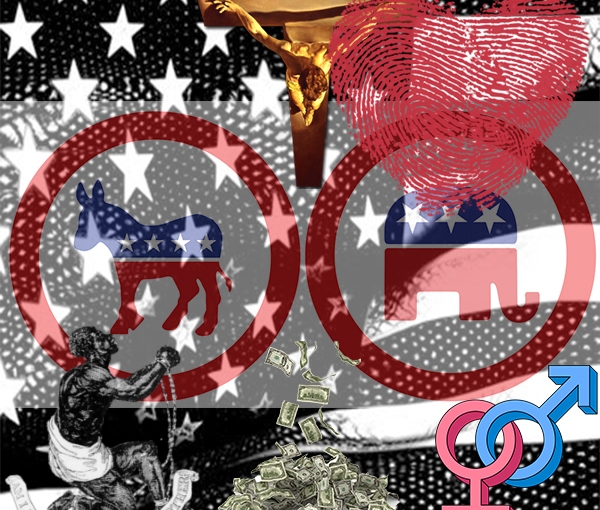Paul D. Ryan was one of the few reassuring touchstones for traditional Republicans, assuring them that the GOP hadn’t completely imploded. As a result, many of the pieces written about Ryan’s decision not to run for reelection in 2018 conflate his exit with the end of a Republican Party once characterized by people like Ronald Reagan and Jack Kemp. As the party ambles through the Donald Trump wilderness, its experienced navigators continue to fall away, most notably in sight of an unfavorable wave election. Pew Research Center notes that about 38 Republican House Members will not seek reelection–a near record high. Add to that list, Paul D. Ryan whose announced departure from the House of Representatives has inspired numerous articles about his legacy.
Poring over the pieces recounting his triumphs and failings, I have found the most mystifying articles those castigating the Speaker for not “speaking out” more strongly against President Donald Trump. I truly struggle to understand this critique, if it is, in fact, made in good faith.
I think it is important to note that these articles come from a liberal perspective (there may be conservative writers criticizing Ryan on similar grounds, but I have not seen them yet). This observation matters for two reasons: first, liberals tend to overestimate the power of protesting.
For example, Ronald Brownstein writes in The Atlantic:
“Ryan blinked at confronting the president’s appeals to white racial resentments. Pressed for reaction to comments like Trump’s reported description of African nations as ‘shithole’ countries, Ryan managed to mumble the bare minimum of plausible criticism: ‘The first thing that came to my mind was very unfortunate, unhelpful.’ For most people genuinely distressed by Trump’s remarks, ‘unfortunate’ and ‘unhelpful’ were probably not the first words that came to mind; ‘racist’ and ‘xenophobic’ were.”
What exactly Brownstein believes a more forceful condemnation would have done escapes me. Donald Trump would not reflect on those comments and apologize. In fact, when Ryan said that Trump’s comments about Judge Gonzalo Curiel were an example of textbook racism, nothing changed. Of course, a decent person does not wear the label “racist” as a “badge of honor,” but I suspect that Brownstein would not characterize the President as a decent person. Who would?
On the other hand, what we do know is that President Trump works with people who “say nice things” about him. So, besides obliterate any possibility that Ryan could achieve his own legislative ends, those policies once associated with Republicans, what would harsher criticism have accomplished?
This, of course, is the point, and is the second reason why this particular criticism comes from the left: Liberals want a crippled GOP. A crippled GOP can’t pass tax cuts, or curtail government spending. A crippled GOP can’t reform entitlements, and it cannot do so in Ryan’s image if Ryan is feuding with a mercurial president who has no grand vision. In other words, goading Ryan and other traditional Republicans to follow the Jeff Flake model is a surefire way to ensure that no part of a conservative agenda is served. In the face of criticism Trump doesn’t change. He tweets. The offending politician may lose his or her job, and the GOP distills, becoming even more Trumpian–even more difficult to defend.
Furthermore, Paul Ryan is not a commentator. His role in the political process is to compromise with people with whom he disagrees to win legislative victories for the people who elected him. Ryan worked with President Barack Obama and with the House Freedom Caucus to accomplish as much as he could, a task that required him to speak strategically, not emotionally. Not symbolically. Perhaps in a new role he will have the freedom to speak for himself and to solely bear the responsibility of what he says. Perhaps he will choose, still, to refrain. Either way, he hadn’t that freedom before.
As for the articles suggesting that the Trumpian changes in the GOP are forcing out thoughtful conservatives like Ryan, there can be no doubt.


![Right Noise [A Tale of Two (Ancient) Cities]](https://blackandredblog.wordpress.com/wp-content/uploads/2017/09/right-noise-episode-001-mp3-image.jpg?w=825&h=510&crop=1)
![Right Noise [Political Cliches]](https://blackandredblog.wordpress.com/wp-content/uploads/2017/09/right-noise-artwork-logo-002.jpg?w=825&h=510&crop=1)

